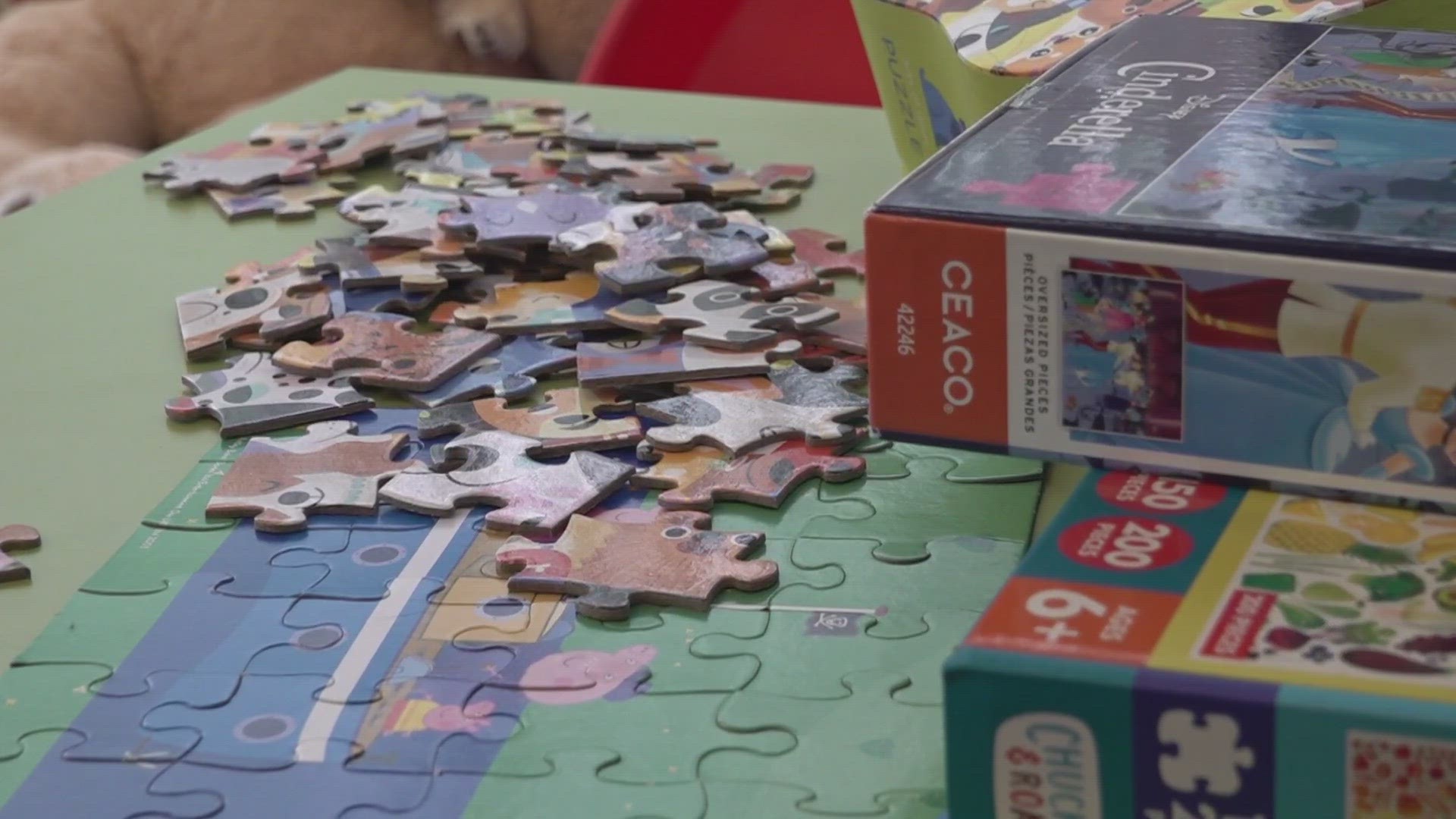KNOXVILLE, Tenn. — A study released in early June found around one child out of every eight is a survivor of some kind of abuse or neglect. The study was named "The Economic Impact of Child Abuse and Neglect in Tennessee" and found that widespread child abuse could cost the state between $3.33 billion and $4.97 billion per year.
"Hurt people hurt people. Usually, this is generational, or some parent has been abused by someone before them who was abused by someone before them," said Eddie Smith with ChildHelp, an advocacy group for children. "When finances are strapped, that tends to lead to more arguments at home, that can lead to more violence."
The study considered four types of maltreatment: physical abuse, sexual abuse, drug exposure and neglect. Researchers measured how that kind of abuse could manifest in the form of decreased earnings n the workforce, increased costs of medical care, the cost of mortality and more.
"We emphasize that even the $4.97 billion approach is extremely conservative and likely represents a considerable understatement of the economic costs of child maltreatment," the study says.
It found in 2022, the Tennessee Department of Children's Services fielded 163,465 reports of child abuse and neglect. It also said that the U.S. Department of Health and Human Services estimates the true amount of child maltreatment could be three times larger than the number of substantiated claims.
"People can say, 'Well, it's expensive to do something about it.' Well, it's really expensive to do nothing about it," said Matthew Harris, a lead researcher on the project. "There are increased rates of anxiety and depression, there are expected increases in medical care costs — not just immediately as a child, but over the lifecycle."
The study says that child abuse can be difficult to prevent because of its complexity. They said it is a function of environmental and family relationship factors, and prevention involves addressing risk factors at the individual, family and community levels.
Interventions can take many forms, like increasing economic security for families or efforts to change parenting styles or social norms.
"While prevention is certainly a worthy endeavor, efforts to mitigate the economic impact of child abuse will likely involve efforts to mitigate the effects after the fact, such as increased funding for and access to therapy. Unfortunately, the economic consequences of improved treatment are not the same as those of prevention," the study says.
It also says that while resources spent to address child abuse problems would need to be spent immediately, the benefits of those efforts would not manifest for a while and would be difficult to measure.
"Even though the prevention of and treatment for child abuse and neglect has a return on investment that is slow and difficult to measure, the economic costs of child abuse are sufficiently large to warrant the state’s attention on economic grounds alone," it says.

